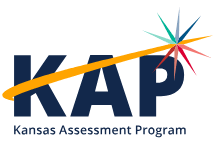
During the months of March-May, public schools are required to take state testing. These tests are standardized to find out if they have mastered grade-level skills. These tests also are taken to show how well a teacher has taught their subject.
State assessments also play a crucial role in education by evaluating students and their academic progress, informing instruction, and measuring the effectiveness of educational policies. They provide standardized measures of learning across schools and districts, helping identify areas for improvement and ensuring accountability. However, they can also be controversial due to concerns about an overemphasis on testing and narrowing of the curriculum balancing their benefits and drawbacks is essential for their effective use in education. (Importance of State Assessments
These tests measure student’s proficiency in their core subjects such as math, reading, and science. These assessments offer a comprehensive snapshot of their knowledge and skills. Educators use this data to identify strengths and weaknesses, and individual needs, and implement targeted interventions to support students who need help.
State assessments have accountability within the education system. By setting clear performance standards and benchmarks, these tests hold schools, districts, and policymakers accountable for student achievement. They provide measures to assess the effectiveness of educational programs, initiatives, and policies, ensuring transparency and equity in resource allocation and decision-making processes.
Many students while taking State assessments often don’t try during State assessments because they know that it isn’t going in the grade book for a grade. Also one of the only reasons students like State assessments is for the free snacks that teachers provide.




